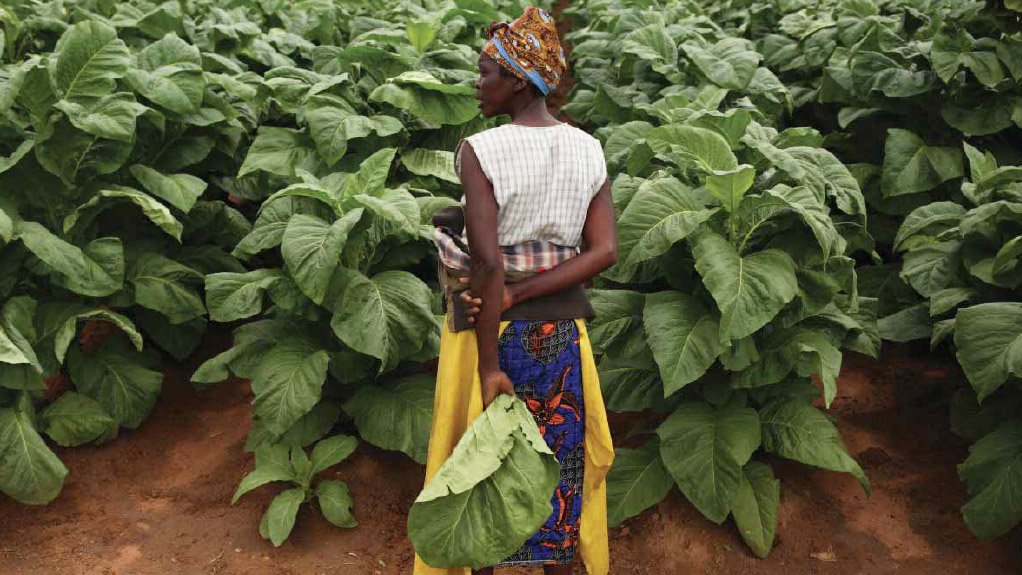- A Bitter Harvest – Child Labor and Human Rights Abuses on Tobacco Farms in Zimbabwe1.26 MB
In November 2017, President Robert Mugabe’s 37-year rule of Zimbabwe came to an end on the back of military intervention, and Emmerson Mnangagwa, his former deputy, took office as the country’s new president. In an inauguration address delivered in Harare on November 24, 2017, Mnangagwa outlined his plans to help the country’s troubled economy recover, saying, “Our economic policy will be predicated on our agriculture, which is the mainstay.” He added, “Our quest for economic development must be premised on our timeless goal to establish and sustain a just and equitable society firmly based on our historical, cultural and social experience, as well as on our aspirations for better lives for all our people.”
Tobacco farming is a pillar of Zimbabwe’s economy. Tobacco is the country’s most valuable export commodity—generating US$933.7 million in 2016—and the crop is particularly significant to Zimbabwean authorities’ efforts to revive the economy. However, Human Rights Watch research in 2016 and 2017 into conditions on tobacco farms in Zimbabwe revealed an industry tainted by child labor and confronted by other serious human rights problems as well. Zimbabwean authorities and tobacco companies should take urgent steps to address child labor and other human rights abuses that may be undermining the sector’s contributions to economic growth and improved livelihoods.
In March 2017, Human Rights Watch met Panashe, a 50-year-old small-scale tobacco farmer in Manicaland, and one of 125 people involved in tobacco production interviewed for this report. Panashe supported his family with earnings from cultivating a half hectare of tobacco. In 2016, he did not make any profit. “Last year, we had the problem of hail, and we failed to get anything,” he said. Without any earnings from the previous season, Panashe said he was unable to pay workers to help on his farm: “We face the problem of labour. In tobacco, you cannot work alone…. I cannot manage to hire workers because I don’t have anything.” As a result, he relied on help from his 16-year-old daughter and 12-year-old niece. “They do everything,” he said. “They are overworked.”
Report by the Human Rights Watch
EMAIL THIS ARTICLE SAVE THIS ARTICLE ARTICLE ENQUIRY
To subscribe email subscriptions@creamermedia.co.za or click here
To advertise email advertising@creamermedia.co.za or click here











